Market Share
Corporate Learning Management System Market Share Analysis
Enterprises have a range of strategies for securing a strong position within the rapidly changing Corporate Learning Management System (LMS) Market. Differentiation is a common approach whereby companies aim to stand out in their LMS offerings through innovative learning solutions or unique features or tailored content. Companies provide specific value propositions to attract niche organizations that are interested in seeking for bespoke learning platforms consistent with their training demands as well as organizational culture.
The Corporate LMS Market, on the other hand, is dominated by companies who typically aim to be the cheapest option by optimizing their operational processes, negotiating good partnerships and benefiting from economies of scale. A company that offers competitive pricing can target many businesses including those looking for learning solutions that are efficient as well as cheap. Innovation is important in determining market share positions amongst corporate LMS providers. The corporate learning landscape continues to change with companies investing in R&D always ahead of them. Regular updates which incorporate new teaching methodologies and take advantage of emerging technologies ensure they acquire organizations which are looking for modern and effective learning solutions. It guarantees flexibility of LMS platforms to adapt to the changing needs of businesses within an ever evolving corporate world. Corporate LMS providers’ market positioning strategy now often requires a global perspective because businesses operate on a global scale and need to cater for different language preferences, cultural nuances and regional compliance requirements through their LMS platforms. This makes these companies highly reliable partners for multinationals if they have localization features as well as compatibility with various regulatory frameworks. Many Corporate LMS providers have now made it a strategic priority to integrate with other enterprise systems such as talent management systems, HR software or performance evaluation tools. They cannot achieve this without providing seamless integration into Human Resources (HR) software that manages talents alongside performance appraisal tools. Interoperability is prioritized by firms that offer easy integration with existing enterprise systems so as to make sure they align themselves well in the market where they focus on clients who would like things done uniformly when it comes to employee development.


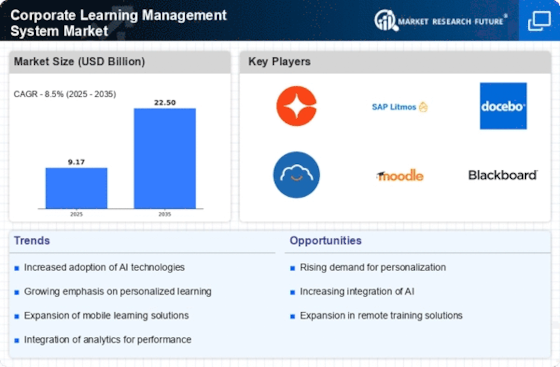
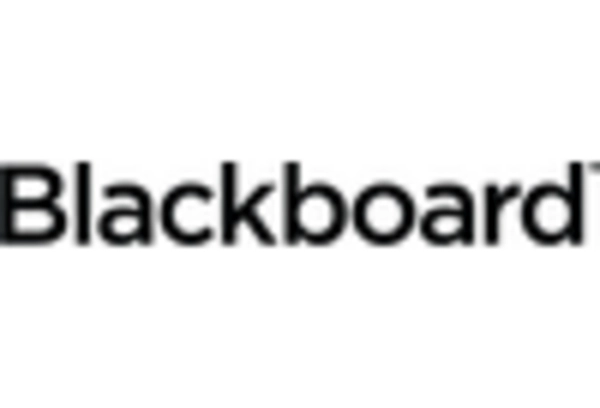

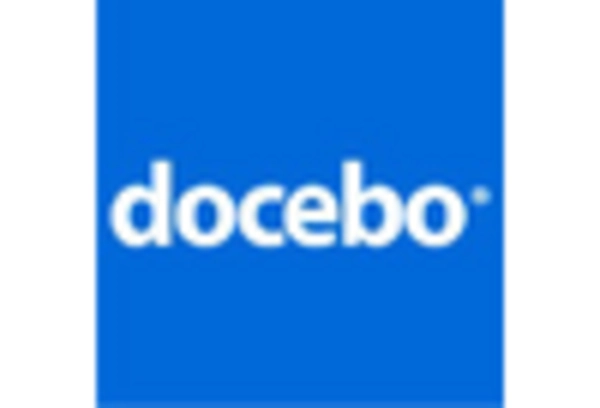
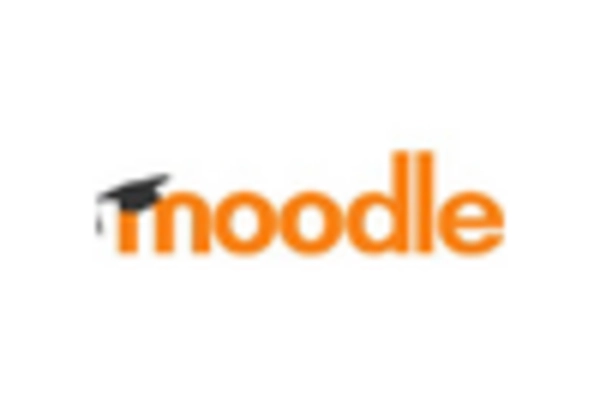
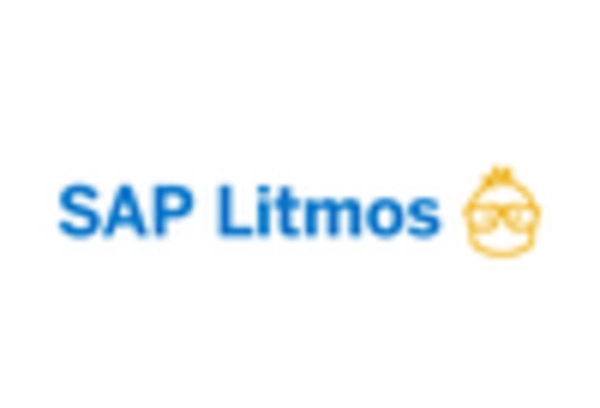










Leave a Comment